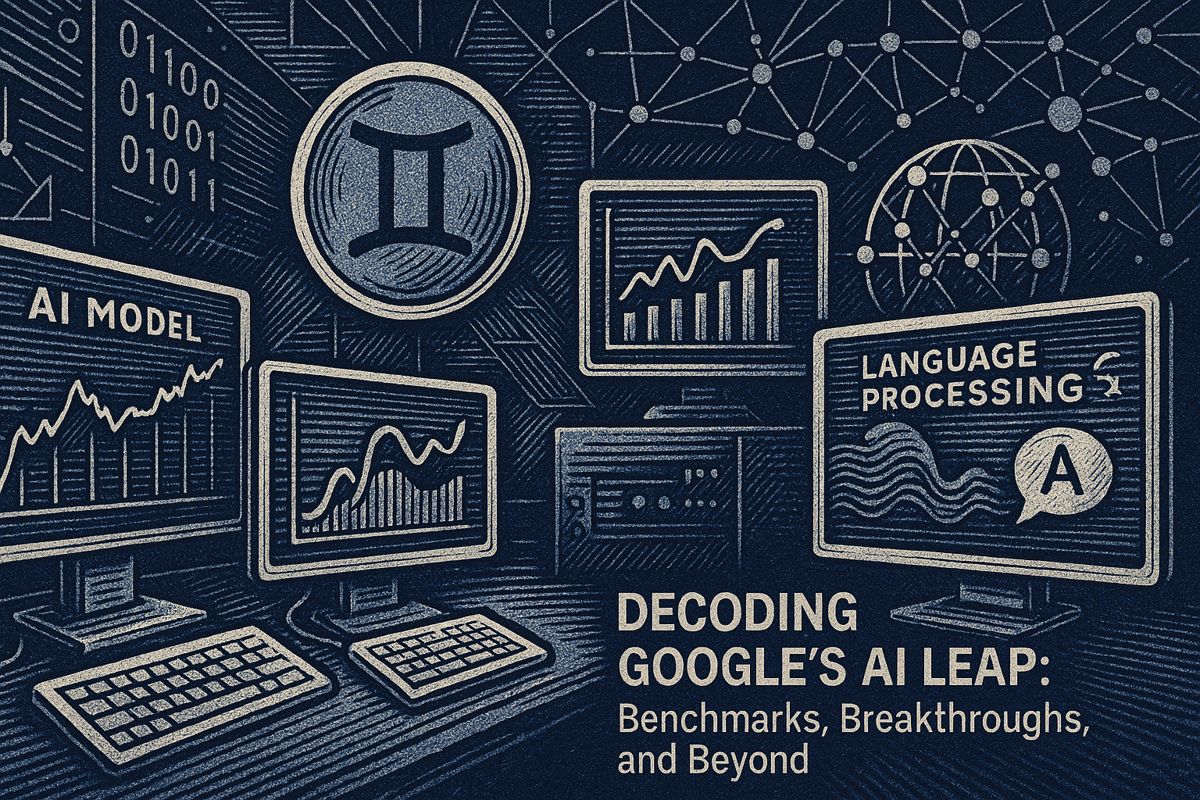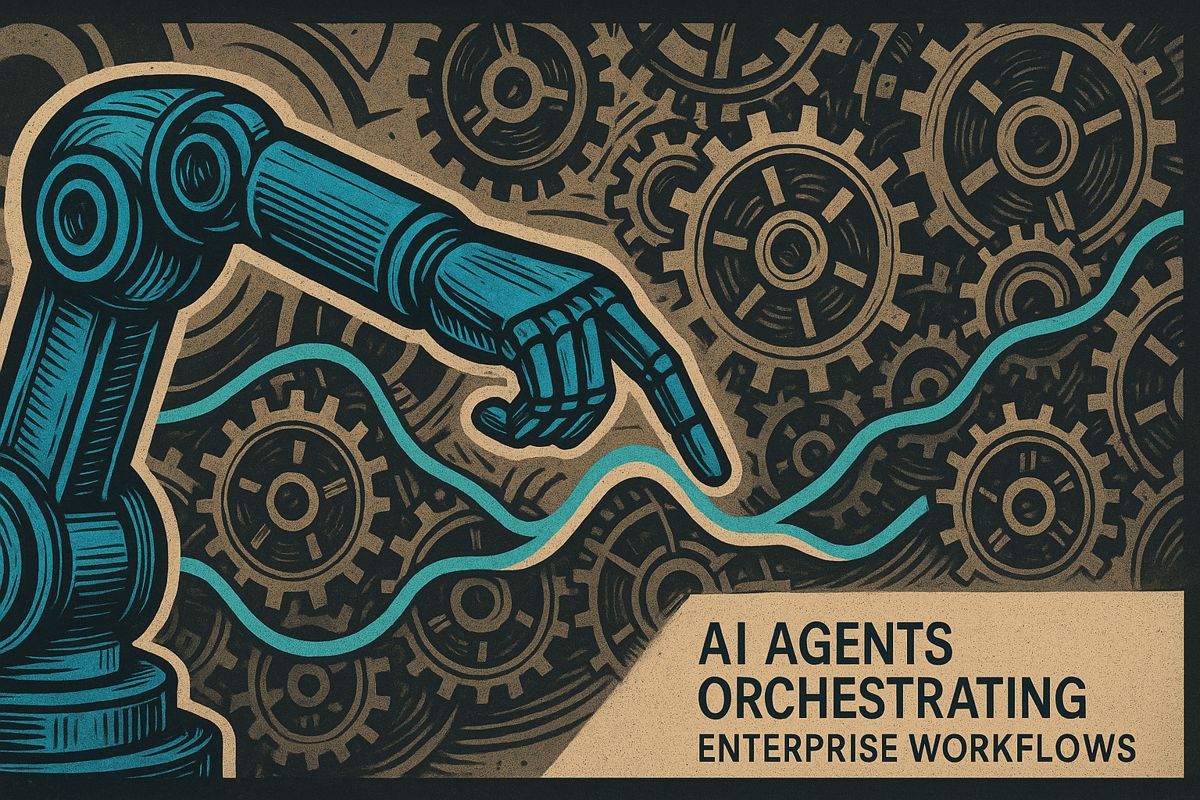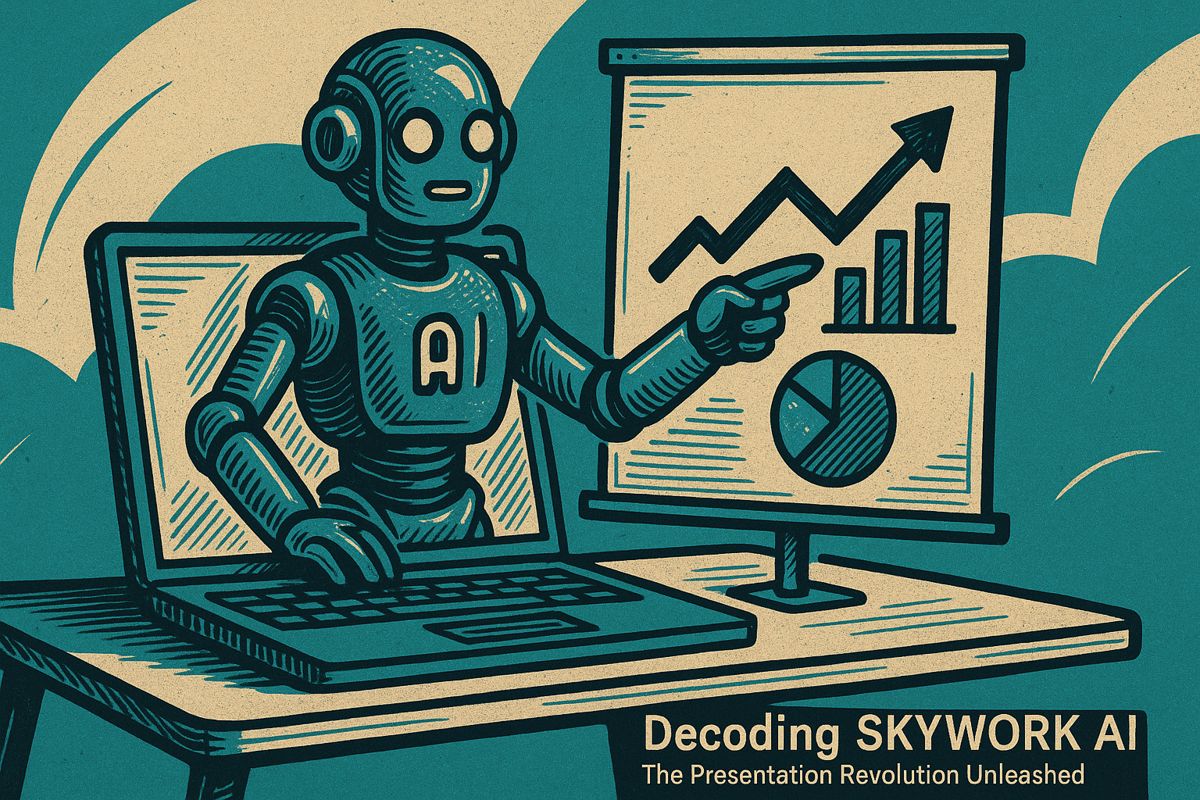Leaders in 2025 struggle to truly listen because of constant distractions, quick judgment, trying to solve too fast, and focusing on themselves. These habits make workers feel ignored and cost companies trillions. To fix this, leaders need to pause for silence, cut down on chat channels, check what they understood, and get feedback from everyone. When leaders really listen, teams trust each other more, share better ideas, and feel more engaged at work.
What are the key listening challenges for leaders in 2025, and how can they overcome them?
Leaders in 2025 face four major listening traps: distraction, judgment, solution-finding, and self-focus. To overcome these, employ tactics like 15-second silence sprints, channel discipline, validation loops, and 360-degree listening reviews. Mastering these listening skills boosts engagement, creativity, and team trust.
- Who Are You Really Hearing? Four Listening Traps Sabotaging Leaders Today*
- Data and tactics from McKinsey’s latest “Author Talks” and 2025 field research*
The average knowledge worker now spends 88 % of the week communicating across digital channels, yet only 13 % feel “truly heard” by their managers (source: Pumble 2025 workplace communication statistics). That gap translates into an estimated $8.8 trillion global drag from disengagement – a reminder that listening is no longer a soft skill; it is a balance-sheet item.
The Third Ear and the Four Traps
Psychoanalyst Theodor Reik’s metaphor of a “third ear” asks leaders to listen for what is not being said – emotion, intent, and context. But four common traps muffle that ear in 2025 digital workplaces:
| Trap | What It Looks Like | 2025 Impact |
|---|---|---|
| *Distraction * | Slack pings, notification avalanches | 38 % of employees report “too many messages” daily (Brosix 2024/25) |
| *Judgment * | Finishing sentences in your head | 59 % of leaders admit to misinterpreting written messages weekly |
| *Solution-Finding * | Jumping to fixes before the story ends | Reduces idea flow by up to 34 % in brainstorming sessions |
| *Self-Focus * | Mentally rehearsing your next point | Linked to 65 % disengagement in virtual meetings (HRDQ 2025) |
Tactics That Actually Move the Needle
McKinsey’s SCR communication framework (Situation–Complication–Resolution) has been paired with third-ear practices inside Fortune 100 leadership labs since January 2025. Early pilots show:
- 26 % faster consensus on complex projects
-
14 % projected growth in demand for social and emotional skills (including listening) across all US industries by 2030 (McKinsey skill-shift report)
-
Actionable steps:*
-
Silence Sprints
Insert a deliberate 15-second pause after key statements in meetings. Teams using this technique surfaced 40 % more follow-up questions, according to July 2025 McKinsey field notes (Author Talks: third ear). -
Channel Discipline
One Fortune 500 tech firm cut Slack channels from 1,200 to 120 in Q1 2025 and saw a 22 % rise in message response quality scores. -
Validation Loops
End every one-on-one with: “What is one thing I understood correctly, and one thing I might have missed?” When managers did this weekly, pulse-survey “trust in leadership” scores rose 18 points in a 90-day A/B test. -
360-Degree Listening Reviews
Silent Fact
Silence during conversations is no longer awkward; 2025 research reframes it as “an empowering space that invites deeper sharing.” Leaders who intentionally hold silence see creativity scores jump 25 % in subsequent ideation sessions (KERA Think 2024).
Quick Checklist for Tomorrow’s Meeting
- [ ] Devices off screen, notifications muted
- [ ] Start with a 15-second silence after each person speaks
- [ ] Paraphrase the last speaker before adding your point
- [ ] End with a validation loop question
Listening no longer needs agreement to be valuable, but it does require practice. In 2025, the leader who masters the third ear will not only hear the room – they will influence its outcome.
What exactly is “third ear” listening, and how does it differ from regular active listening?
“Third ear” listening, first coined by psychoanalyst Theodor Reik, goes beyond traditional active listening that focuses on paraphrasing and clarifying. It involves tuning into underlying emotions, intentions, and unspoken messages using intuition and empathy. While active listening captures what is said, third ear listening decodes what is meant – the emotional subtext, hesitations, and implicit needs that often hold more meaning than the words themselves.
What are the four most common traps that prevent leaders from truly listening?
Recent research identifies four persistent barriers in 2025 digital workplaces:
1. Distraction – Notifications, multitasking, and information overload
2. Judgment – Formulating responses instead of understanding perspectives
3. Solution-finding – Rushing to fix problems before fully grasping them
4. Self-focus – Filtering conversations through personal agendas
These traps create a $8.8 trillion annual global cost from employee disengagement, according to 2023 Gallup data updated for 2025 projections.
How can leaders practice “holding silence” to improve team creativity?
Strategic silence – pausing 3-5 seconds before responding – serves as a powerful catalyst. This practice:
– Reduces defensiveness by giving processing time
– Increases creative solutions by 23% (McKinsey Q2 2025 study)
– Signals respect, encouraging deeper sharing
– Creates space for co-creating meaning rather than directing outcomes
Leaders report that teams using intentional silence generate broader perspectives and more innovative approaches to complex challenges.
Why does listening not require agreement to be valuable?
Validation through listening operates independently of consensus. Understanding precedes influence – when people feel heard, they’re 4.2x more likely to engage with alternative viewpoints (Harvard Business Review, June 2025). This creates:
– Psychological safety for dissenting opinions
– Reduced resistance to change initiatives
– Fresh idea generation from previously unheard voices
– Stronger relationships built on respect rather than compliance
What is the projected growth of listening skills importance by 2030?
McKinsey’s latest 2025 projections show:
– 14-26% growth in demand for social/emotional skills including listening across all US industries
– 39% of core skills will change by 2030, with listening becoming foundational
– Roles requiring advanced listening growing 3x faster than those emphasizing technical skills alone
– Industries most affected: healthcare (+31%), management (+28%), customer service (+25%)
This shift reflects automation making uniquely human skills increasingly valuable as AI handles routine tasks.



















